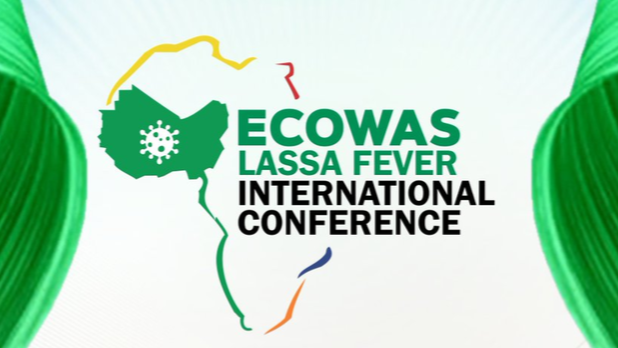By Iyemah David
Leading scientists, public health experts and policymakers from across the globe will meet in Abidjan from September 8 to September 11 for the 2nd ECOWAS Lassa Fever International Conference (ELFIC2025).
The West African Health Organisation (WAHO) made this known in a statement on Thursday in Abuja,
WAHO, together with regional and international partners, said that the four-day event aimed to advance strategies for preventing, diagnosing and treating Lassa fever.
Lassa fever is caused by the Lassa virus, which belongs to the Arenaviridae family.
The disease is a viral haemorrhagic illness first identified in 1969 in the town of Lassa, Nigeria, after two missionary nurses fell ill and died while working in a local hospital.
The virus is zoonotic, meaning it is transmitted to humans from animals, primarily the multimammate rat (Mastomys natalensis), which is common across West Africa.
Humans can become infected through direct contact with the urine or faeces of infected rats, or through contact with the bodily fluids of infected individuals.
Lassa fever has been endemic in West Africa since its discovery, with Nigeria, Sierra Leone, Liberia, and Guinea being the most affected countries.
The disease is highly seasonal, with outbreaks often occurring during the dry season when rats move closer to human dwellings.
Over the decades, Lassa fever has become a major public health concern due to its high morbidity and mortality rates.
It can cause severe complications, including bleeding, organ failure and death in about one in five severe cases.
In recent years, the disease has attracted regional and global attention.
Initiatives like the ECOWAS Lassa Fever International Conference and collaborations with the WHO and other partners aim to improve surveillance, diagnostics, treatment, and preventive measures across West Africa.
WAHO said that the conference would be held under the theme “Beyond Borders: Strengthening Regional Cooperation to Combat Lassa fever and Emerging Infectious Diseases”.
Dr Melchior Athanase Aïssi, WAHO’s Director-General, described the conference as a call to action to confront persistent Lassa fever challenges, advance research and strengthen community-led solutions while enhancing outbreak preparedness.
“Exhibitions from research institutions, NGOs and private partners, along with networking sessions, will further promote regional and international collaboration.
“The conference is expected to host health ministers from ECOWAS member states and strategic partners such as WHO, the World Bank, African Development Bank, and CEPI,” he said.
Health Reporters recall that the conference will highlight innovative strategies for financing vaccine preparedness and epidemic response.




